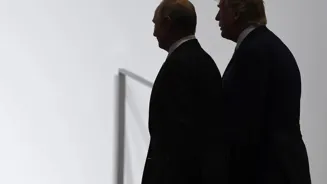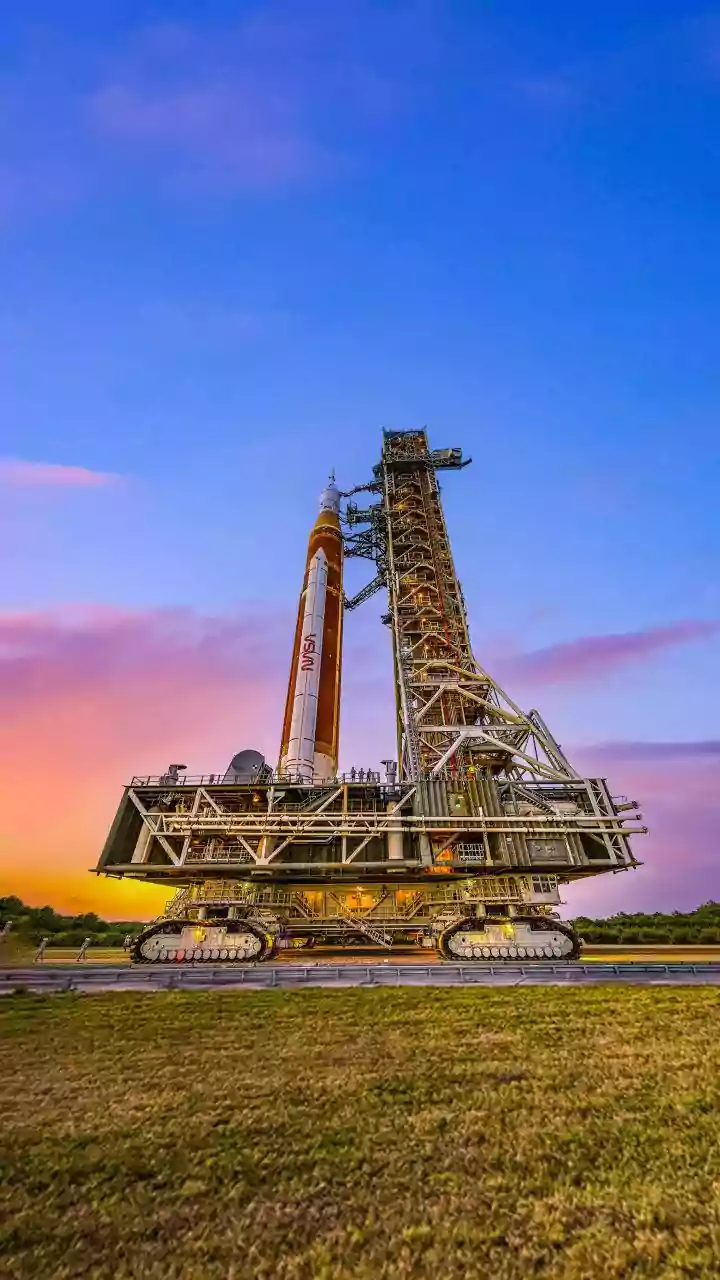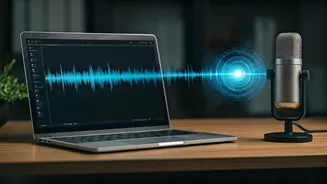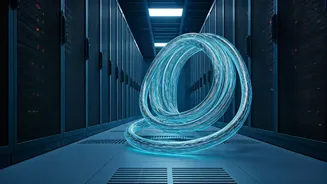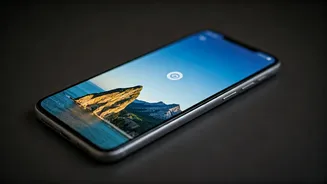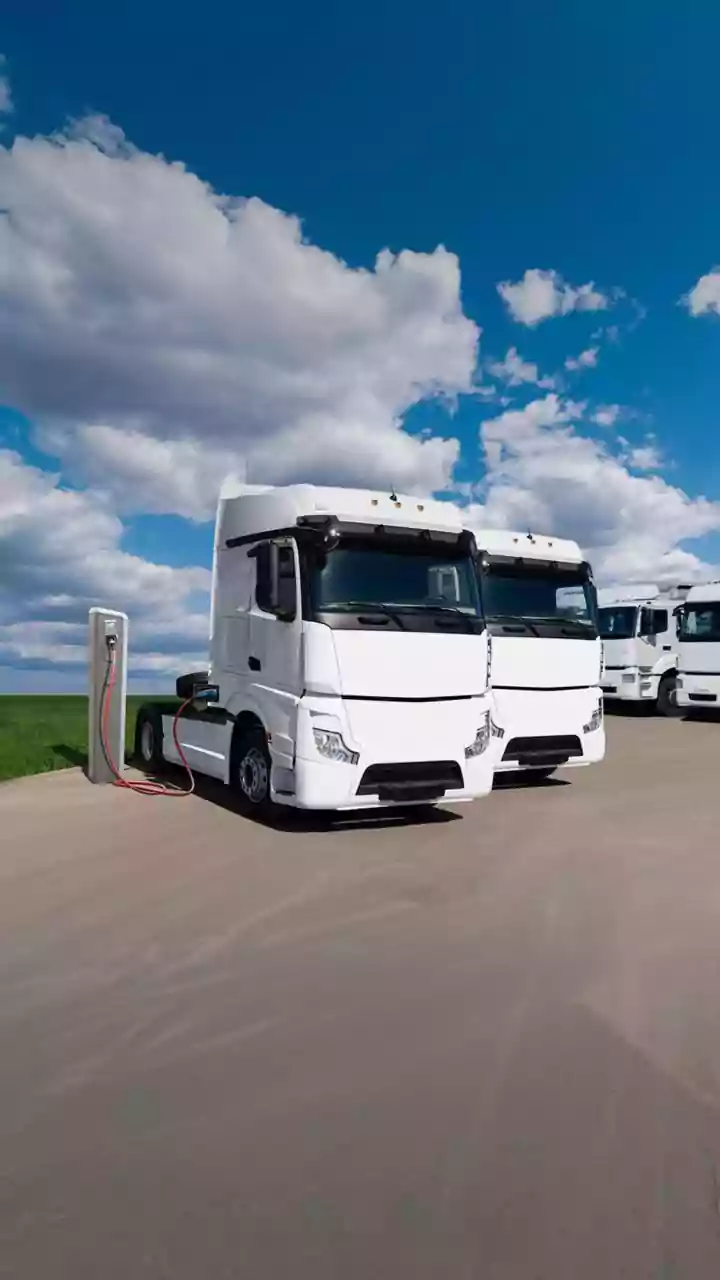When US President Donald Trump meets Russian President Vladimir Putin in Alaska on August 15, the developments coming out of the closed-door meeting will
be keenly watched thousands of kilometres away in New Delhi. The Alaska summit, experts say, could determine whether India can expect any relief from the economic and geopolitical pressures put on it by Washington. So far, India has defended its "Special and Privileged Strategic Partnership" (a term Prime Minister Narendra Modi himself uses) with Russia despite 50 per cent tariffs by the Trump administration over its oil buys from Moscow. A successful Alaska summit, i.e, if Trump comes out satisfied and lifts sanctions, could pave the way for the reopening of key supply channels from Russia, and potentially roll back Trump's recent tariff hikes. The Tariff Squeeze From projecting optimism during a bilateral meeting in February - when Trump and PM Modi pledged to lift bilateral trade to $500bn by 2030, the mega-partnership has given way to mutual recriminations and punitive action, with the US leader announcing heavy tariffs on India - first by accusing New Delhi of erecting "strenuous and obnoxious" trade barriers, then attacking New Delhi over its heavy dependence on Russian oil and weapons. Trump followed his threat with the 'dead economies' jibe on Russia and India. The Modi administration has shown no signs of buckling under the US pressure. Slamming the penalties as "unfair, unjustified and unreasonable", the foreign ministry vowed to "take all actions necessary to protect its national interest." India also called out the hypocrisy of the US and the European Union, which themselves imported goods worth billions of dollars from Russia. Earlier in the week, Kremlin spokesman Dmitry Peskov also backed New Delhi, suggesting "sovereign countries should have and do have the right to choose their own trading partners." Amid the trade tensions, Prime Minister Narendra Modi, in a veiled message on X, addressed Putin as "my friend" as he shared details of the phone call he had with the Russian leader. Both leaders reaffirmed their commitment to deepen bilateral ties, PM Modi said in his post on August 8. ALSO READ: Why Is Trump Hosting Putin Where Russia Once Ruled? The Alaska Story Yesterday, New Delhi announced External Affairs Minister S Jaishankar will visit Moscow on August 21 to discuss significant bilateral issues and international cooperation frameworks with Russian Foreign Minister Sergey Lavrov. The meeting follows earlier discussions between the two ministers and underscores India's continued focus on bolstering ties with Russia across diplomatic, defence, and multilateral platforms even as the United States ramps up pressure through secondary tariffs over New Delhi's purchase of Russian oil. Jaishankar's visit will be the second high-level visit by an Indian official this month - Ajit Doval just last week. The Economic Stakes India increased its oil purchase from Russia after Moscow began selling its oil at discounted rates after the West imposed sanctions on it for its full-scale invasion of Ukraine in February 2022. This policy has helped keep domestic fuel prices in check while also benefiting European nations that continue to depend on Indian exports of diesel and aviation fuel. India and Russia trade has surged to $69 billion in the past three years.
At present, India accounts for more than one-third of Russia's oil exports, second only to China, according to the Observer Research Foundation. The lure of cheap Russian oil for India, a fast-growing economy that imports 90% of its crude oil and one with a population of 1.4 billion, has forced the Modi government to put the national interests first and risk trade friction with the US, a country that imported $87 billion worth of goods from India in 2024.
Indian refiners are estimated to have saved $17 billion over three years from 20 per cent discounts offered by Moscow. These savings have helped keep domestic fuel prices stable and supported budgetary stability, while allowing refiners to profit from exports of refined products.
History of India-Russia ties
India's diplomatic ties with Russia go far beyond oil and weapons trade.
Since establishing diplomatic relations in April 1947 — even before India attained independence, the two nations have supported each other amid complex geopolitical issues. For instance, during the 1965 India-Pak war, Russia, then the Soviet Union, played a mediating role and hosted the so-called Tashkent summit in 1966, where a peace treaty was signed.
During the 1971 war with Pakistan, Russia supported India — marking a significant leap in the Indo-Soviet relationship.
Even after the Cold War, India and Russia continued their engagement — annual summits have been held since 2000, when a strategic partnership was signed (and subsequently upgraded in 2010). India and Russia have also been holding 2+2 meetings — joint meetings with foreign and defence ministers – since 2021.
